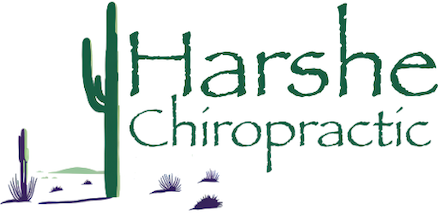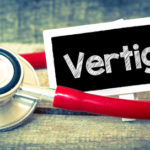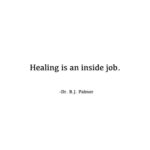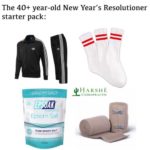It’s safe to say most of us, or all of us, have had heartburn at some time or another. Pizza, hamburgers, oily pasta dishes, hot dogs, and anything fried may be heaven to the taste buds, but they are H-E-double-hockey-sticks on digestion.
And with the popular heartburn medication Zantac being recalled in September due to contamination by a carcinogen known as nitrosodimethylamine (NDMA), how do you manage—or even better—prevent acid reflux from ruining your life?
The following six suggestions just might answer that question for you.
1.) Lower your overall fat intake. Excessive fat intake relaxes a ring-like muscle called the lower esophageal sphincter which food passes through on its way to the stomach. This muscle stays closed except for when you swallow or burp. Acidic stomach contents may seep through the weakened sphincter into the esophagus, thus causing heartburn.
If heartburn persists for too long (years or decades), a life-threatening condition called Barrett’s esophagus may develop. If left untreated, Barrett’s esophagus can eventually develop into esophageal cancer.
If you do eat a fatty meal, make sure it is no sooner than three to four hours before bed. Lying down after a big meal creates the perfect environment for stomach acid to enter into the esophagus.
2.) Don’t drink a cold beverage with a fatty meal. Fats solidify at lower temperatures, so when you eat a fatty meal and wash it down with an ice cold beverage, the fatty food sitting in your stomach will continue to sit there, digesting at a much slower rate. If you feel tired and/or sluggish after a meal, this may be a contributing factor.
3.) Increase your intake of green leafy vegetables and fruits. Our bodies are designed to work most optimally with a high intake of fruits and veggies because of the fiber and phytonutrients. The digestive system is no different.
Additionally, diets high in fiber flush out the gall bladder. This prevents gallstones from developing and blocking bile ducts. If your bile duct becomes clogged by gallstones, the pain produced is agonizing and the most common treatment is gall bladder removal.
4.) Avoid the following foods: anything high in fat, mint, citrus juices, chocolate, spicy foods, onions, tomato sauces (on pasta or pizza), alcohol, sodas and other carbonated drinks, coffee, and dairy. Research has shown all of these foods linked to heartburn in one way or another.
5.) Eat smaller meals. Overeating or binge eating are sure-fire ways to acquire heartburn. A good rule of thumb is to eat until you’re about 80% full. As digestion ensues, you will feel full 15-20 minutes later.
6.) Lower your stress. One of the guarantees of life is that we will have stress. How we deal with it, though, is everything. Meditation, exercise, afternoon power naps, a solid seven to nine hours of sleep at night, and taking up a creative, right-brained activity like music, painting, or writing are all excellent ways of easing stress.
This article originally appeared in the November 5th, 2019 edition of the Maricopa Monitor.












